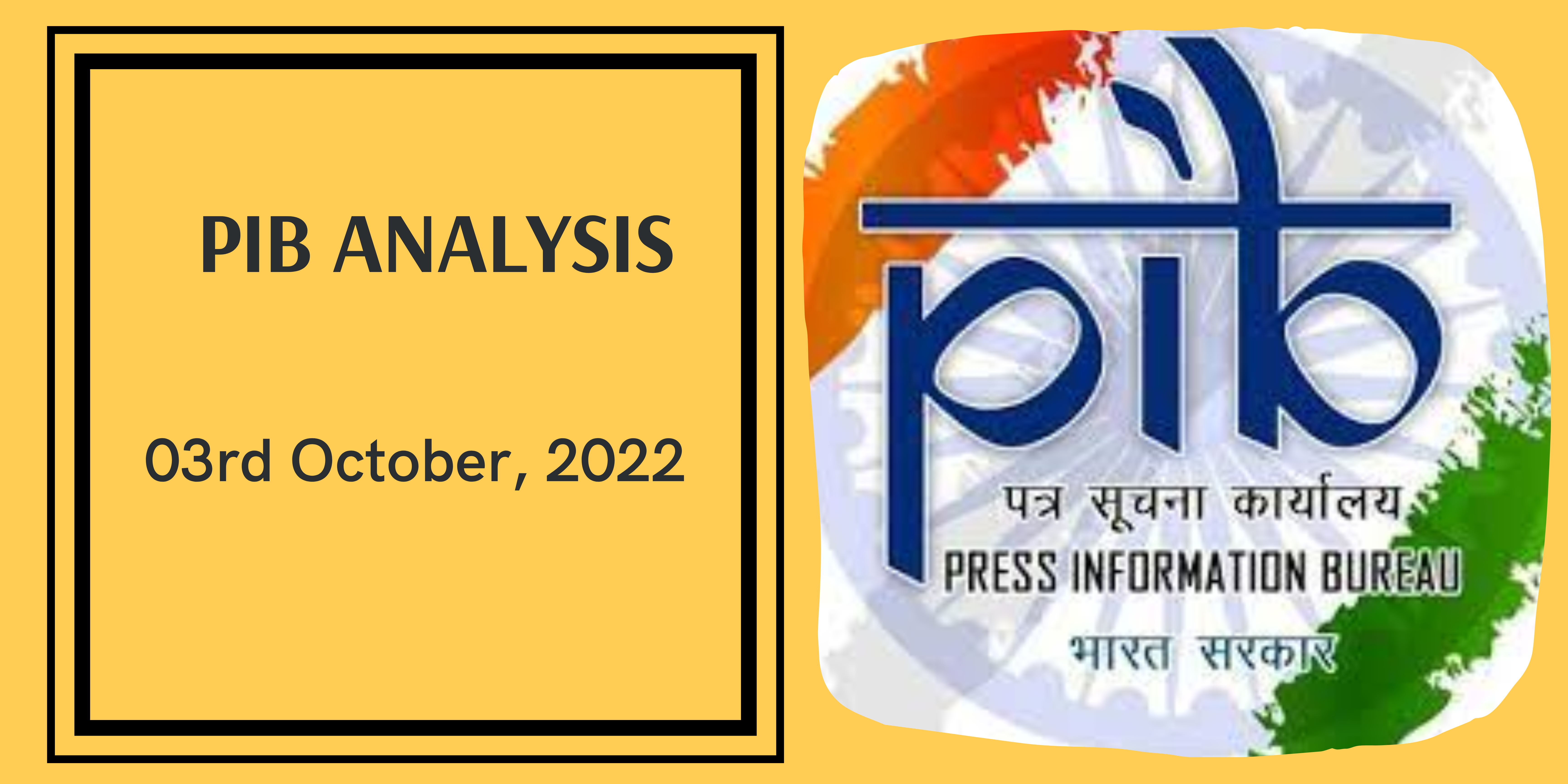Indian Stamp Bill, 2023
Context:
The Department of Revenue, Ministry of Finance, under the Government of India, is seeking public input on the draft ‘Indian Stamp Bill, 2023’ within a 30-day period.
Relevance:
GS-02 (Government policies and interventions)
Background:
In a bid to modernize the stamp duty regime, the Department of Revenue has formulated the draft ‘Indian Stamp Bill, 2023,’ aiming to replace the existing Indian Stamp Act of 1899. The latter, a fiscal statute (2 of 1899), governs the imposition of stamp duty on instruments documenting various transactions. Recognizing the redundancy and inoperability of several provisions in the existing legislation, there arises a need for its reorientation.
Main highlights of the Bill:
- The proposed law introduces the definition of an electronic stamp or e-stamp, characterized as an electronically generated impression signifying the payment of stamp duty through electronic means or any other method.
- Although stamp duties are imposed by the central government, their collection and appropriation within the states adhere to the provisions outlined in Article 268 of the Constitution.
- As a step towards aligning with contemporary practices, this draft bill represents a significant evolution in India’s stamp duty framework.
Indian Stamp Act, 1899
- Objective: The Indian Stamp Act of 1899 delineates the legal provisions governing the imposition of taxes in the form of stamps on instruments documenting various transactions. This includes stamp duties on instruments specified in Entry 91 of the Union List.
- Need for Reform: Recognizing the necessity for change, the Law Commission, in its 67th report submitted in 1976, provided extensive recommendations for reforming the Indian Stamp Act.
Nature of Stamp Duties:
- Stamp duties, as outlined in the Act, are imposed by the central government. However, within the states, these duties are collected and appropriated by the respective states in accordance with the provisions outlined in Article 268 of the Constitution.
- Stamp duties on specific documents listed in Entry 91 of the Union List, such as Bills of Exchange, cheques, promissory notes, bills of lading, letters of credit, policies of insurance, transfer of shares, debentures, proxies, and receipts, are levied by the Union.
- On the other hand, stamp duties on documents not falling under the aforementioned categories are levied and collected by the states, in line with legislative Entry 63 of the State List in the Seventh Schedule of the Constitution.




